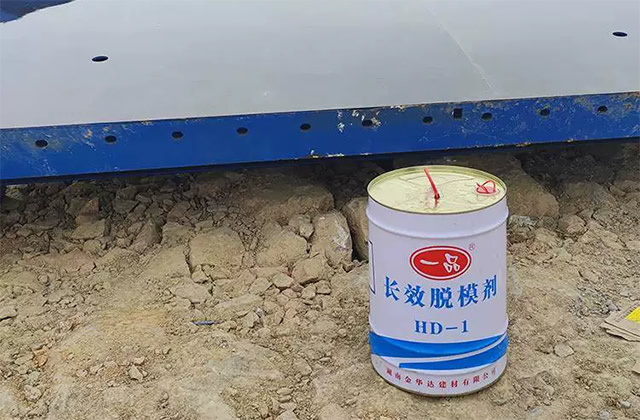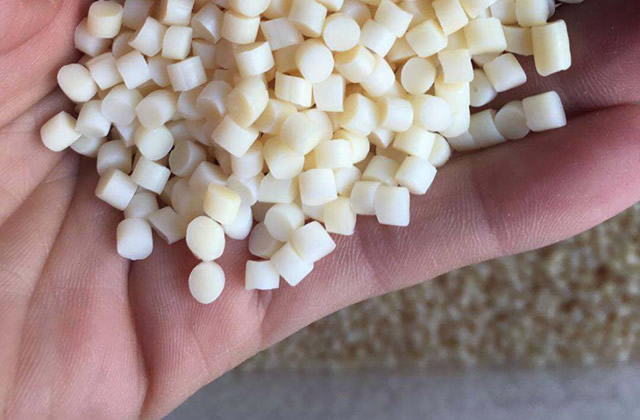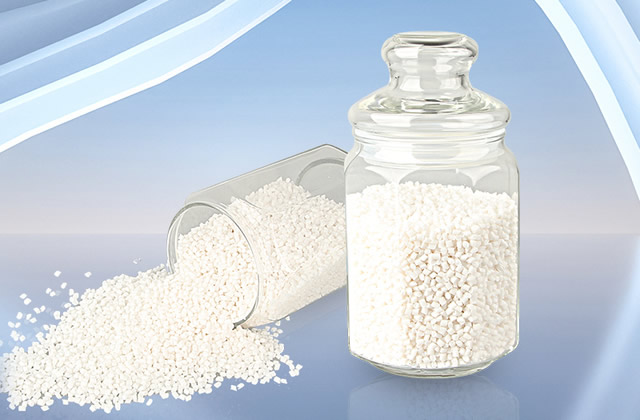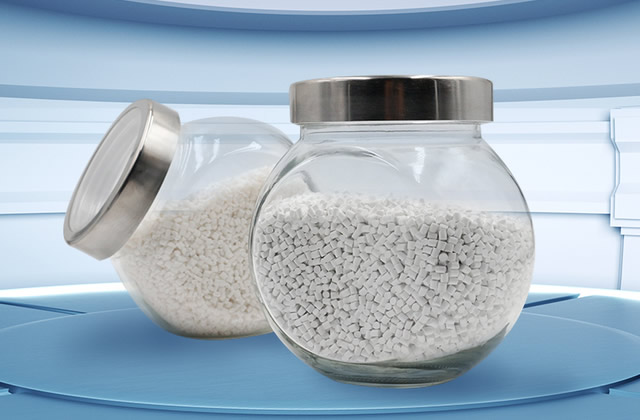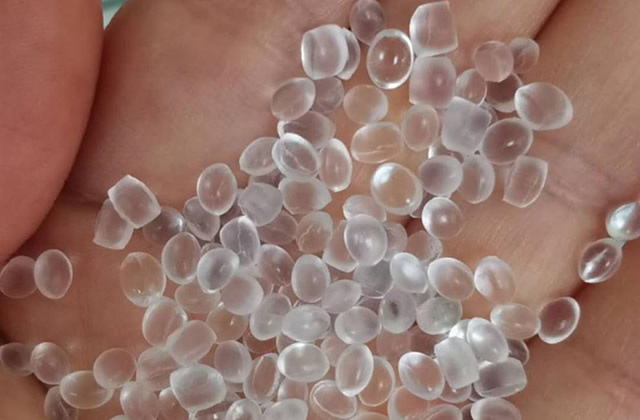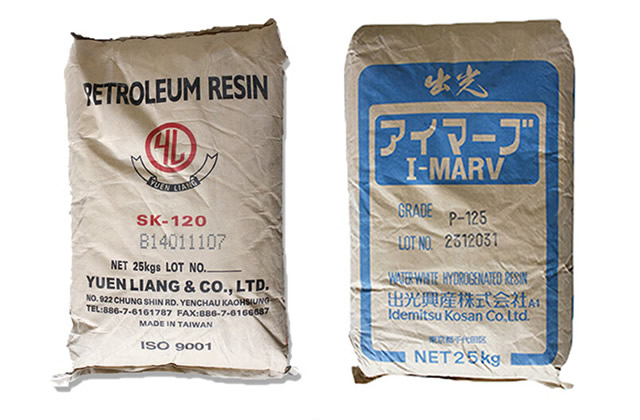1. What are the main ingredients of water-based thickeners
There are many types of water-based thickeners, and the main ingredients of different types of water-based thickeners are different: p>
1. Inorganic thickener
(1) Low molecular weight inorganic salt thickener
Use inorganic salt materials for thickening Agents (such as sodium chloride, potassium chloride, ammonium chloride, diethanolamine chloride, sodium sulfate, sodium phosphate and pentasodium triphosphate, etc.) are generally surfactant aqueous solution systems. The most commonly used inorganic salt thickener is chlorine sodium, thickening effect is obvious. The basic principle is that surfactants form micelles in an aqueous solution system. The presence of electrolytes increases the number of micelles and hinders molecular movement, thereby increasing the viscosity of the system.
(2) Polymer inorganic thickeners
Mainly use bentonite, aluminum silicate, sepiolite, hectorite, etc. as inorganic high molecular weight thickeners. By absorbing water and swelling in the aqueous solution, the metal ions in it diffuse out from the lamellae, and with the hydration, thixotropy occurs to form a colloidal suspension with a certain viscosity.
2. Organic thickeners
(1) Fatty alcohols and fatty acid thickeners
Fatty alcohols and fatty acids ( Such as lauryl alcohol, myristyl alcohol, decanol, lauric acid, linoleic acid, linolenic acid, myristic acid, etc.) are polar organic compounds. They have both lipophilic groups and hydrophilic groups. The presence of a small amount of this type of organic matter has a significant impact on the surface tension and other properties of the surfactant. The size of its effect increases with the lengthening of the carbon chain, and generally shows a linear relationship.
(2) Ether thickeners
This type of thickener is a non-ionic thickener, generally based on fatty alcohol polyoxyethylene ether sulfate (AES). Normally, the appropriate viscosity can be adjusted using only inorganic salts.
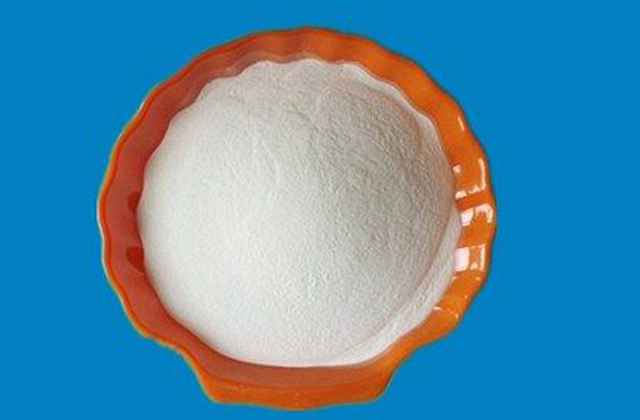
2. Introduction to the use and dosage of water-based thickeners
1. Oil thickeners must be soaked in cold water for several hours before use. This can avoid the generation of a large number of bubbles during heating and the stiffness caused by incomplete expansion. After complete expansion, heat the oil in cold water. The temperature of the glue Control it below 70°C. Allow it to dissolve completely before use. The glue that has not been used up should be stored in a cold storage or a ventilated and cool place to prevent the glue from hydrolyzing and deteriorating, which will affect its use.
2. The dosage is generally used in accordance with national standards, because the production of productsDifferent, the dosage is also different. The general dosage is 0.4%-1%, and the specific dosage depends on the product requirements.
If the website content violates your rights, please contact us to delete it。



